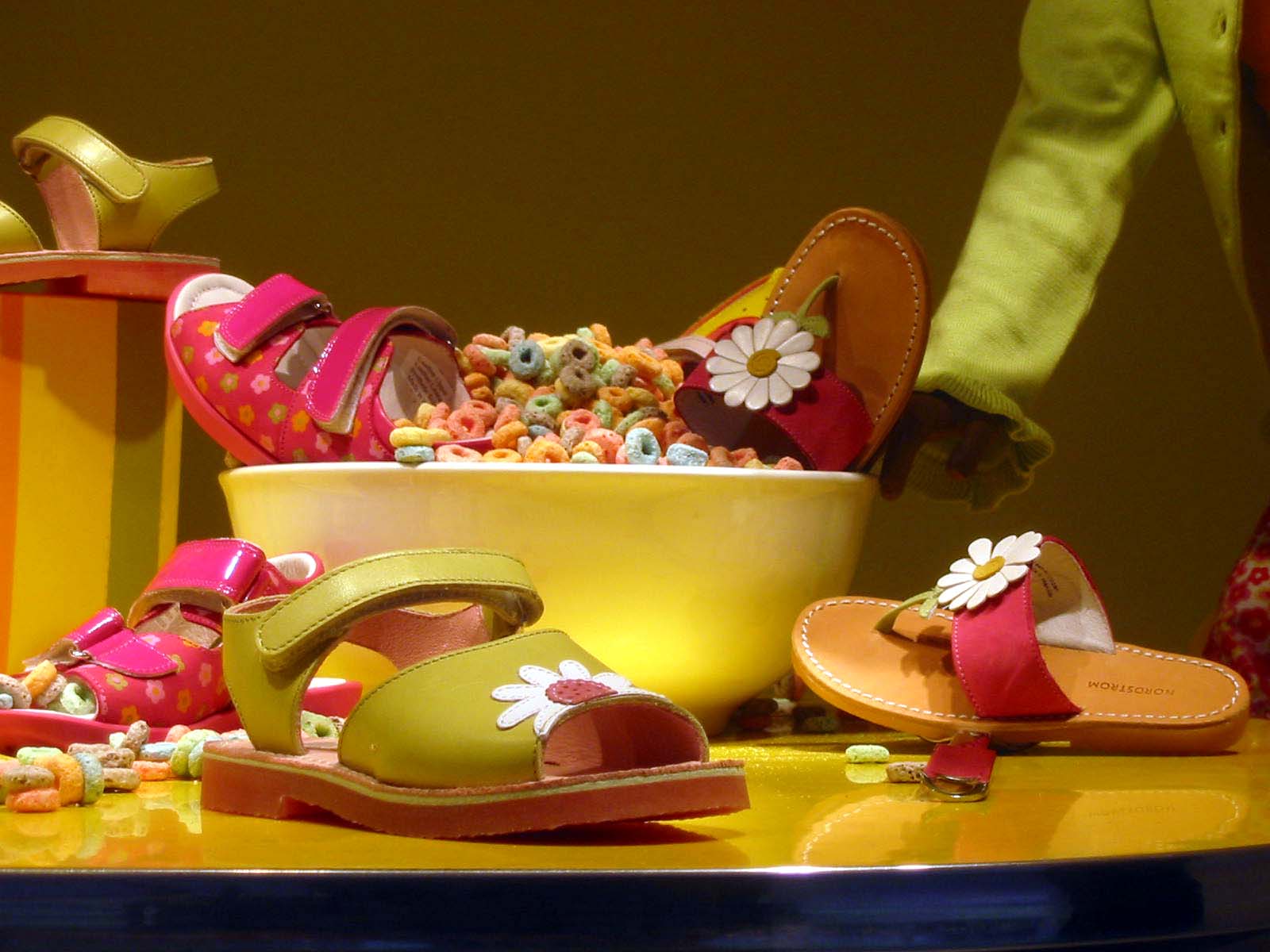 Do you steer clear of cereals? I recommend you do! It’s not just kids’ cereals that are too sweet. Adult cereals like Kashi GoLean Crunch have 3 teaspoons of added sugars per (3/4 cup) serving.
Do you steer clear of cereals? I recommend you do! It’s not just kids’ cereals that are too sweet. Adult cereals like Kashi GoLean Crunch have 3 teaspoons of added sugars per (3/4 cup) serving.
The Environmental Working Group (EWG) analysis of more than 1,500 cereals, including more than 180 children’s cereals, shows that a child who eats a bowl a day for a year ends up consuming 10 pounds of sugar.
The cereals loaded with the most added sugar frequently come in packaging that features cartoon characters to appeal to kids. A single serving can contain nearly as much sugar as three Chips Ahoy! cookies, and more than two Keebler Fudge Stripe cookies. And because the serving sizes listed on many cereal boxes are unrealistically small, even sugar-conscious consumers are eating even more than they realize. To top it all off, 11 of the 13 most heavily sugared children’s cereals feature marketing claims like “Good Source of Fiber” that suggest misleadingly that the products are healthful.
So how do you navigate the cereal aisle to find the least sugary products? Check EWG’s lists to see which have the most and the least sugar before you head to the store.
EWG also found evidence that promotional labeling on cereal boxes is designed to distract consumers from focusing on the unhealthy sugar content by making claims that the product provides important nutrients, such as “Excellent Source of Vitamin D” or “Good Source of Fiber.” The labels on seven of the 10 most heavily sugared children’s cereals in EWG’s 2011 cereal report currently feature a marketing claim promoting their nutrient content.
The Food and Drug Administration has not yet set a limit on the amount of added sugars allowed in products that make nutritional claims, nor does the agency include a percent Daily Value for sugar on the Nutrition Facts panel required on food products to help inform consumers how much sugar is too much.
ABOUT The Environmental Working Group (www.ewg.org)
The Environmental Working Group is a non-profit, non-partisan organization dedicated to protecting human health and the environment. Our mission is to empower people to live healthier lives in a healthier environment. EWG drives consumer choice and civic action with its game-changing investigations and research on toxics and environmental health, food and agriculture, and water and energy.




























